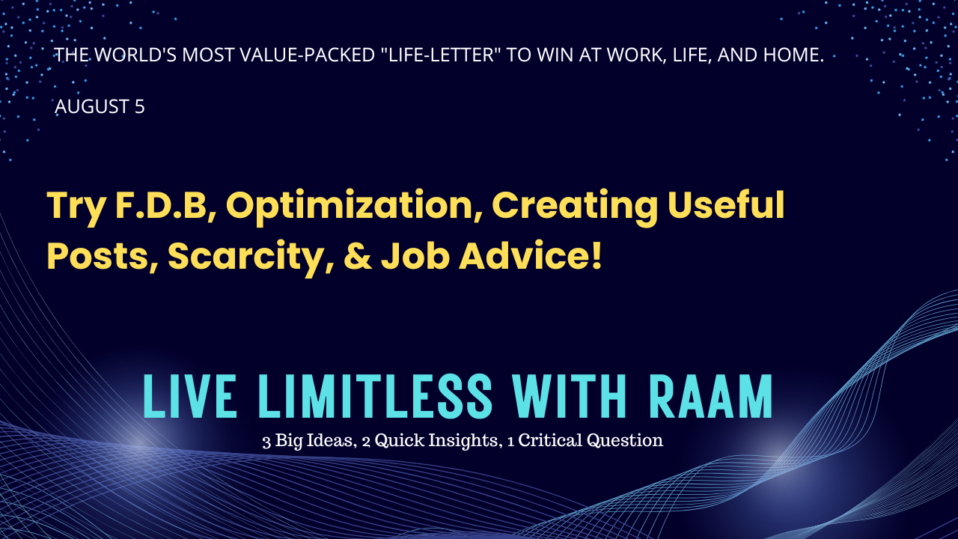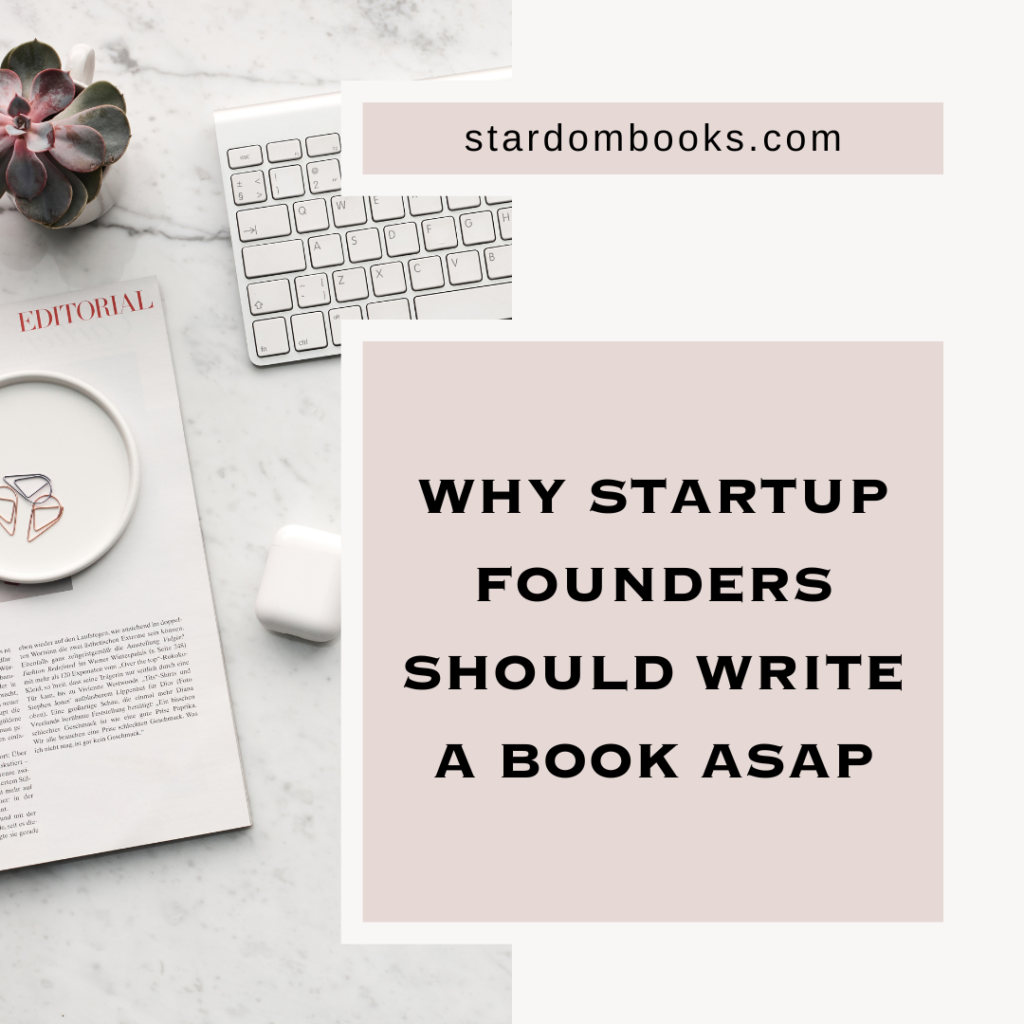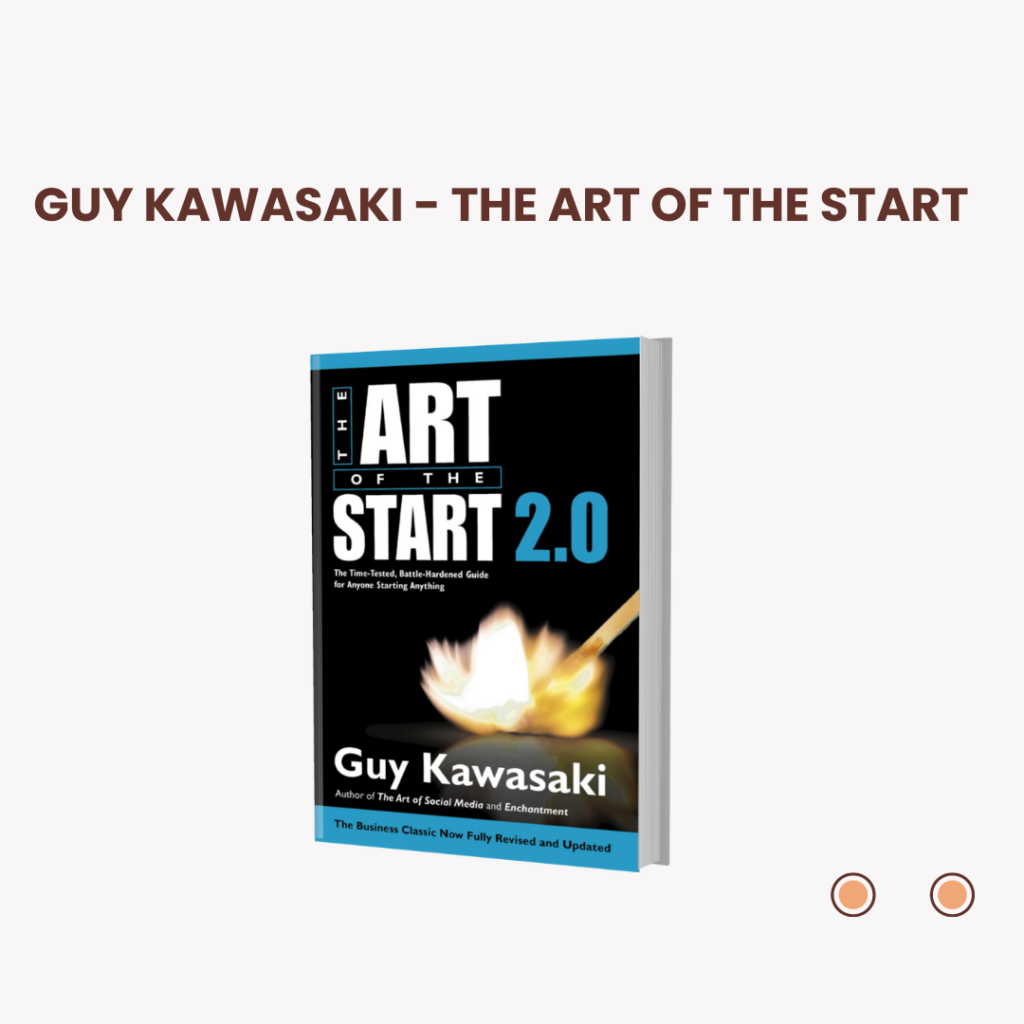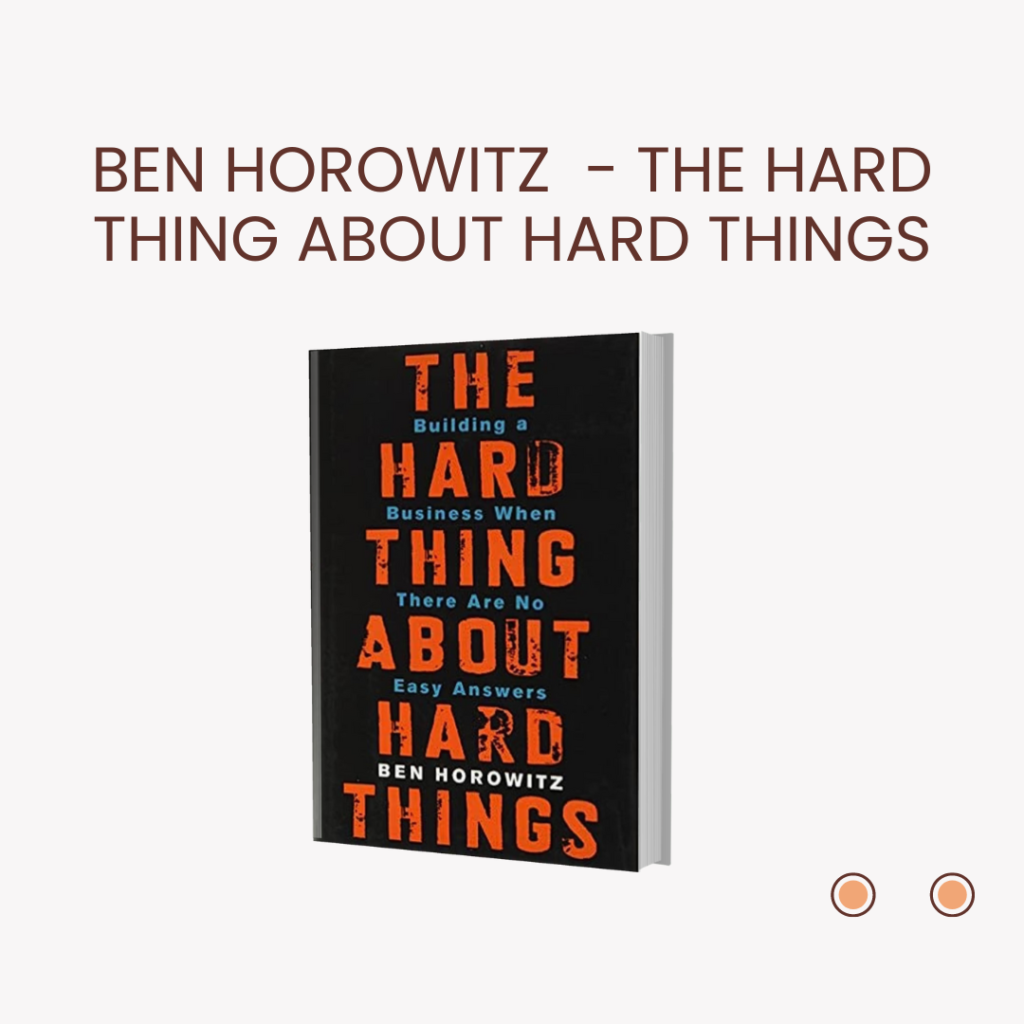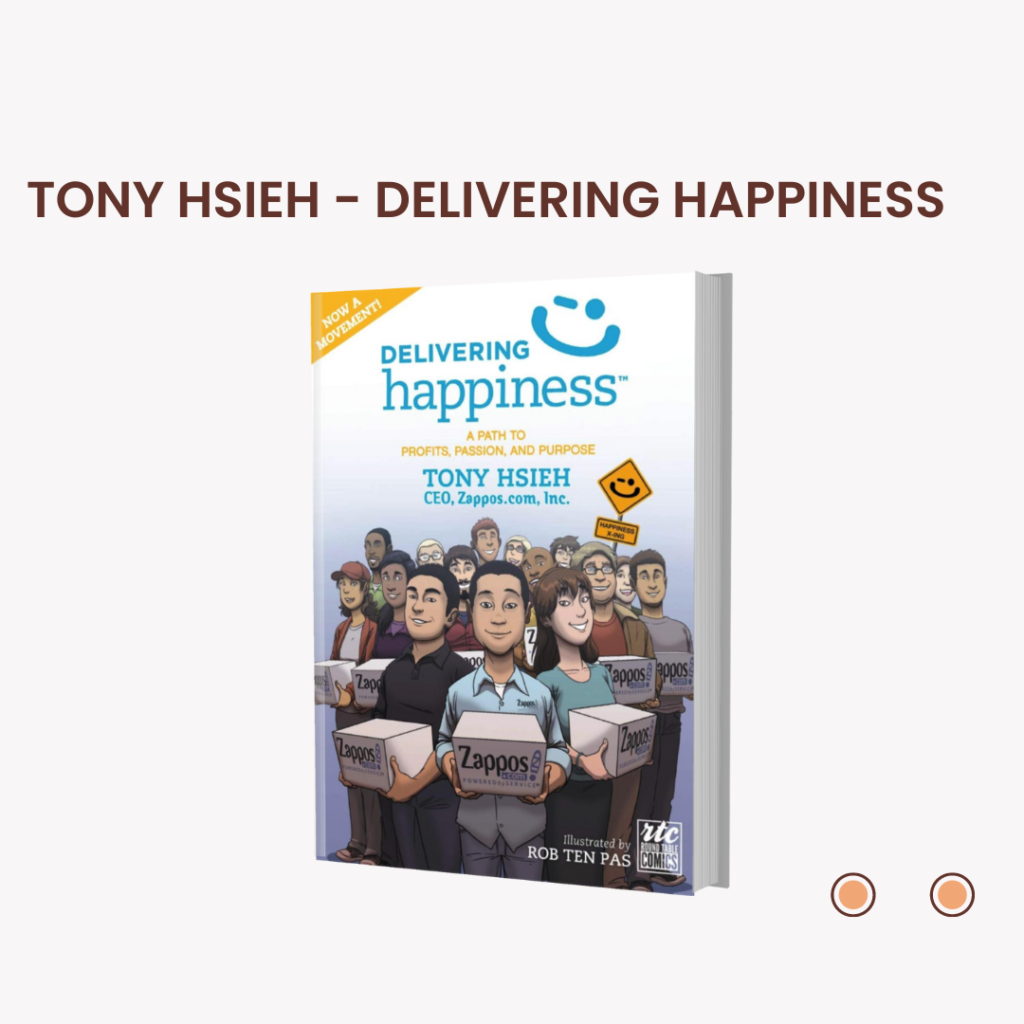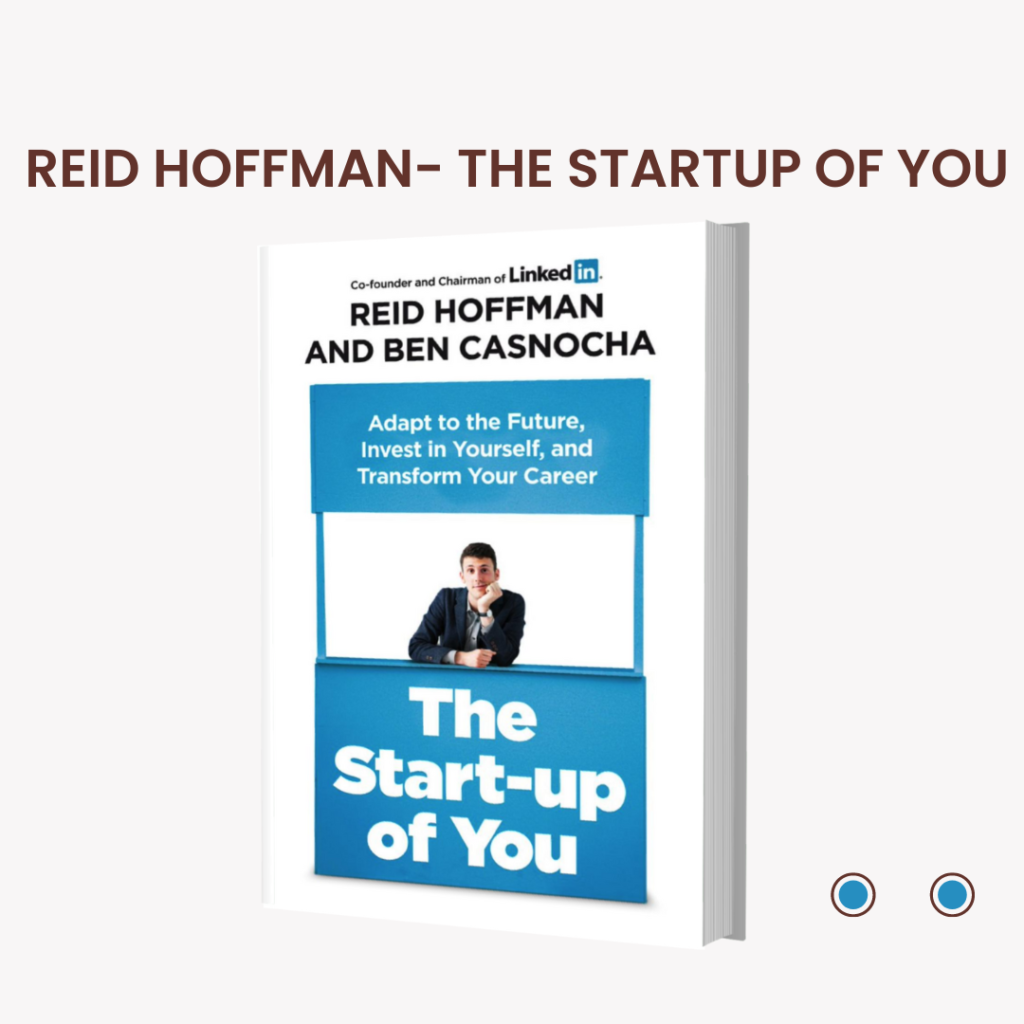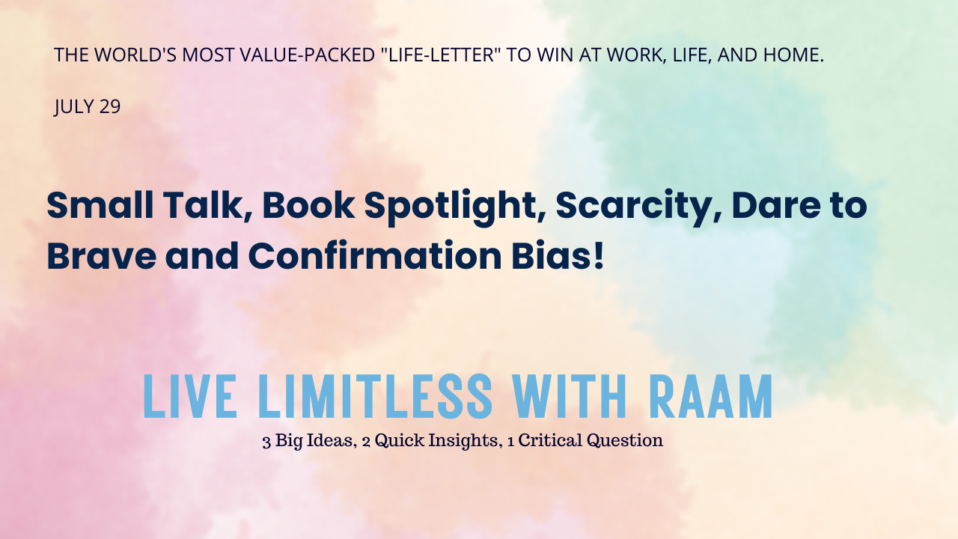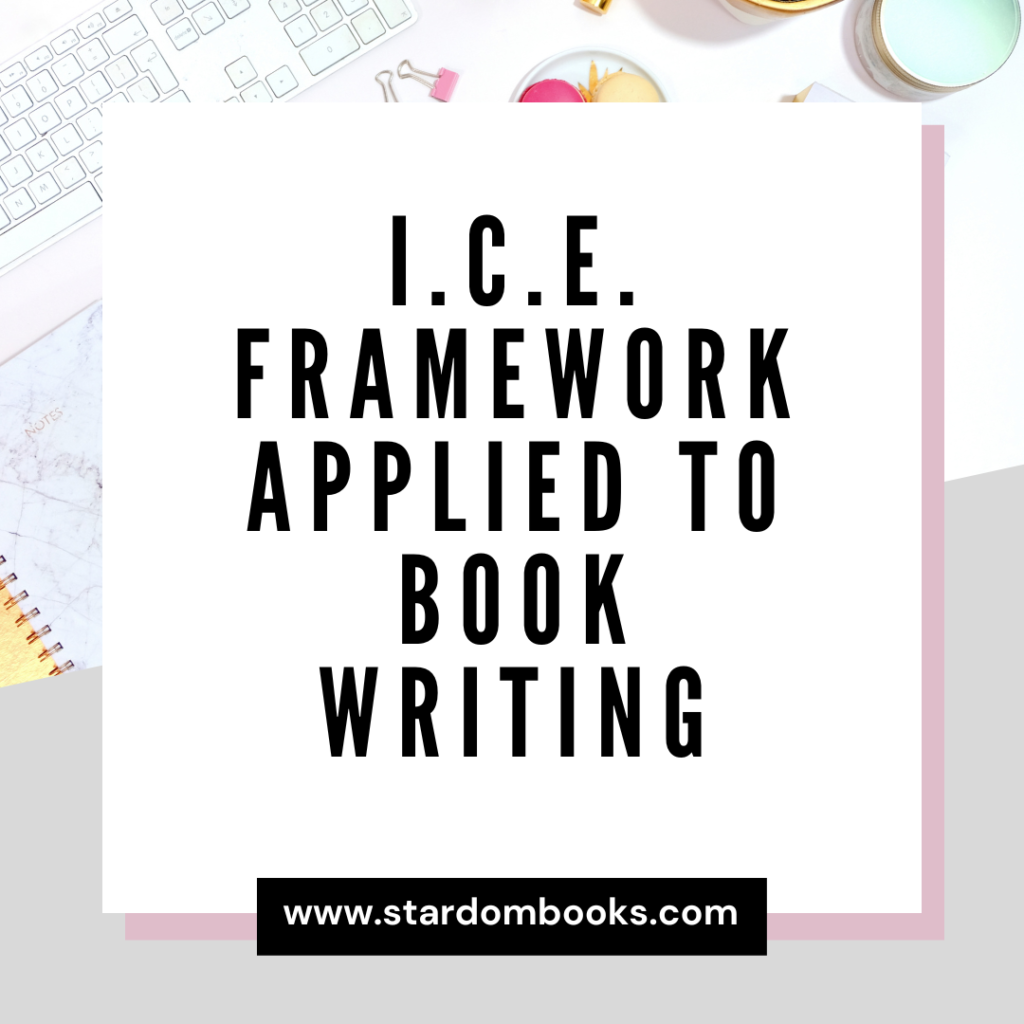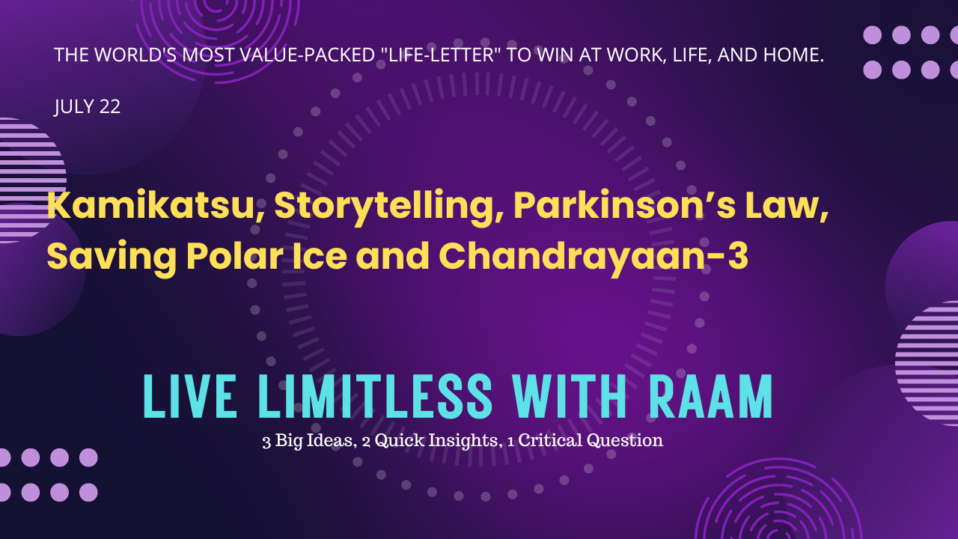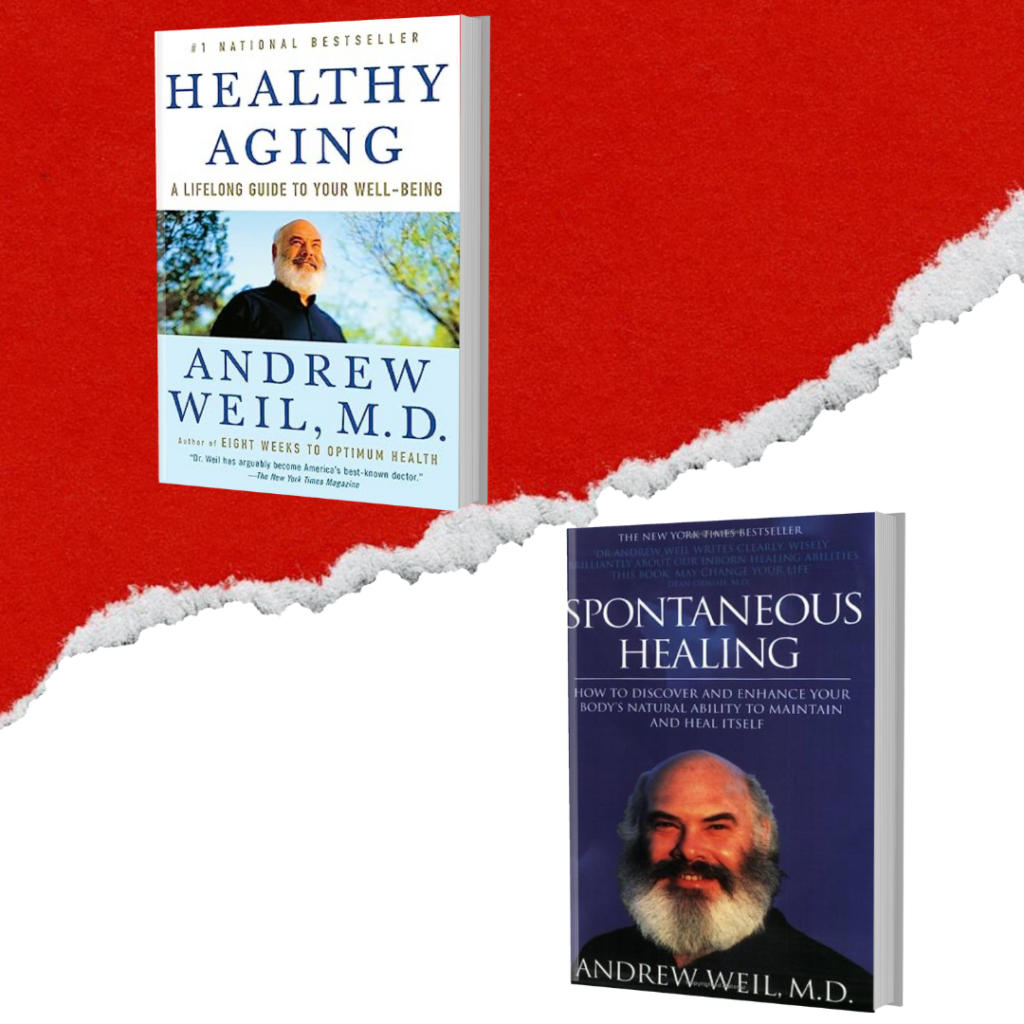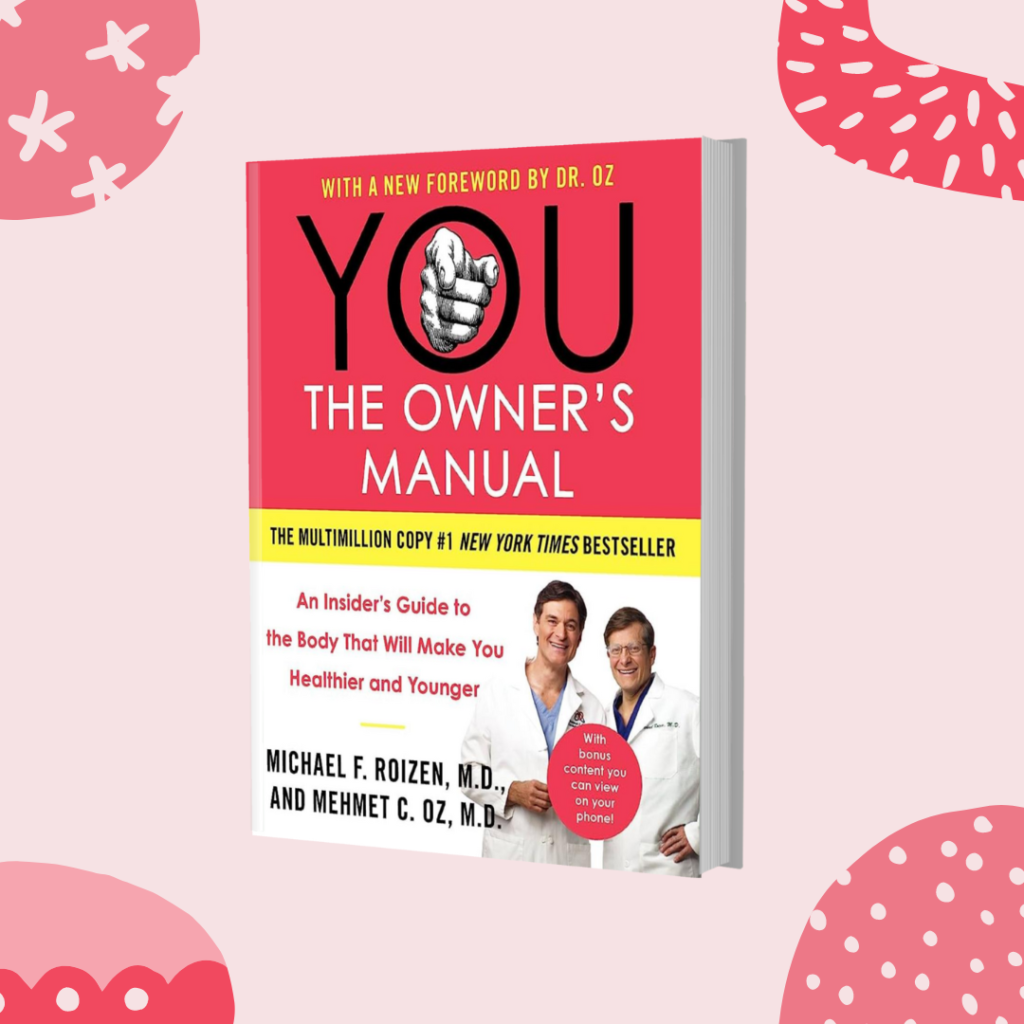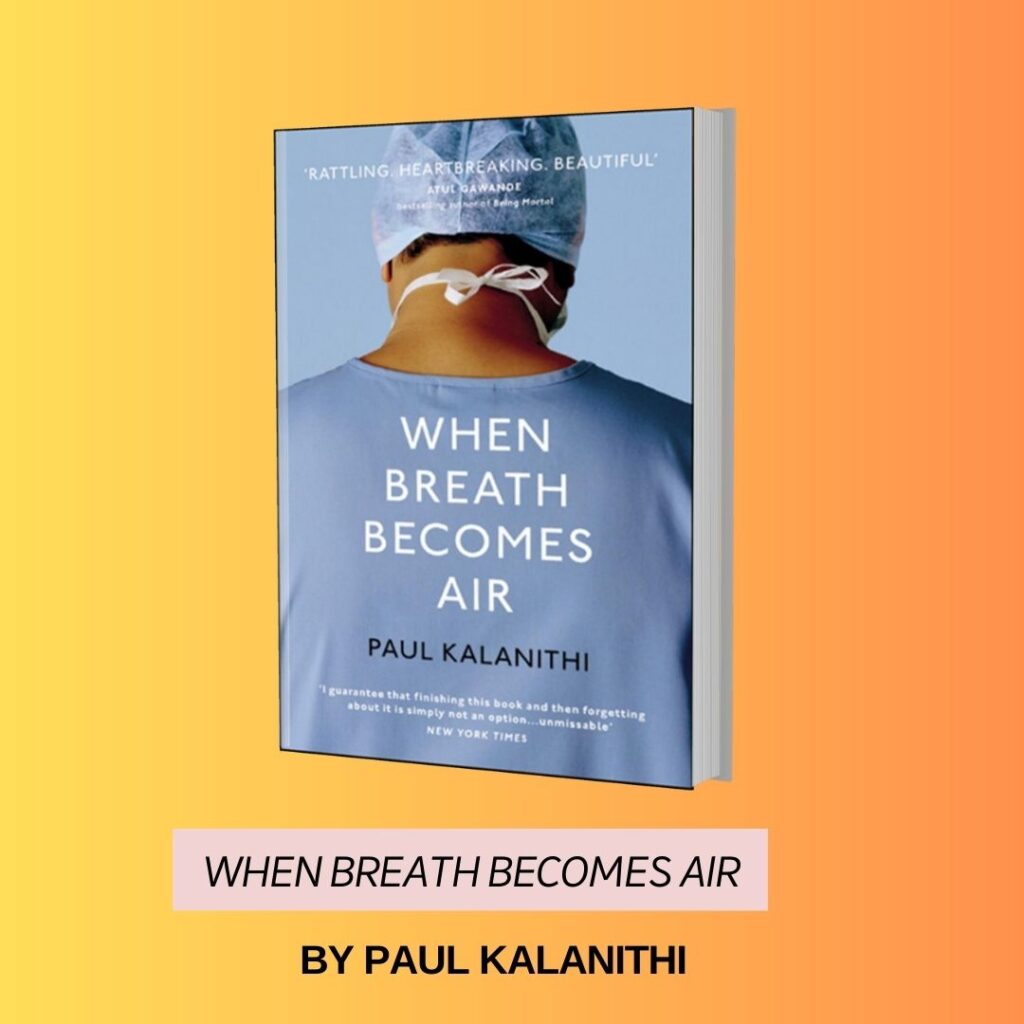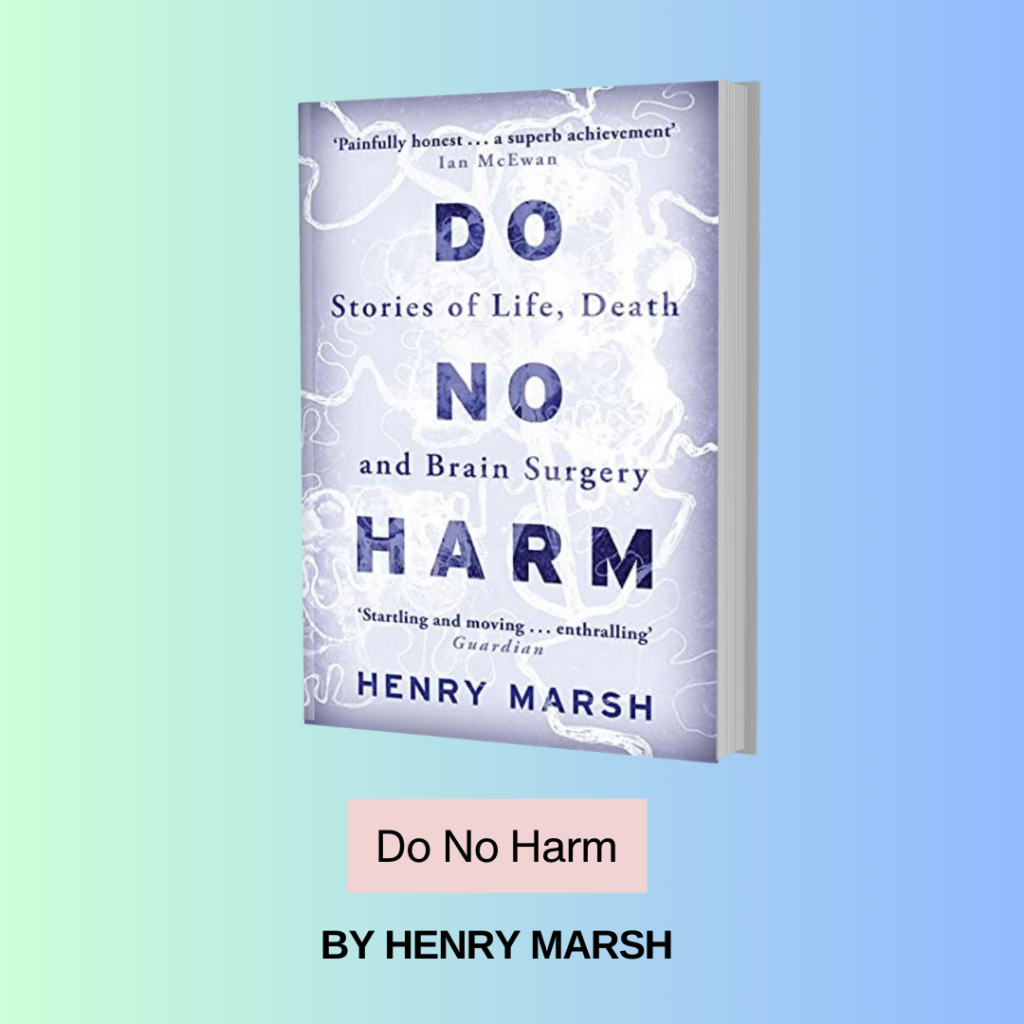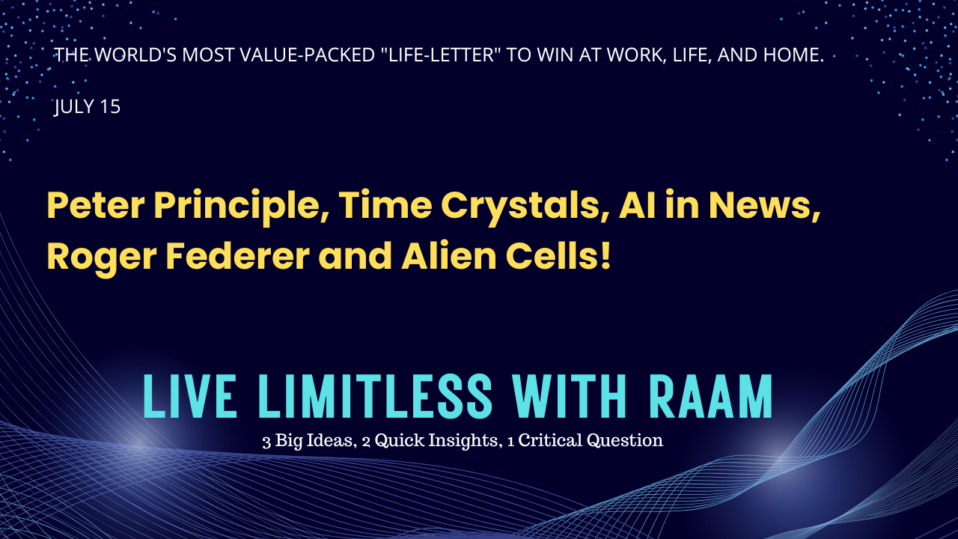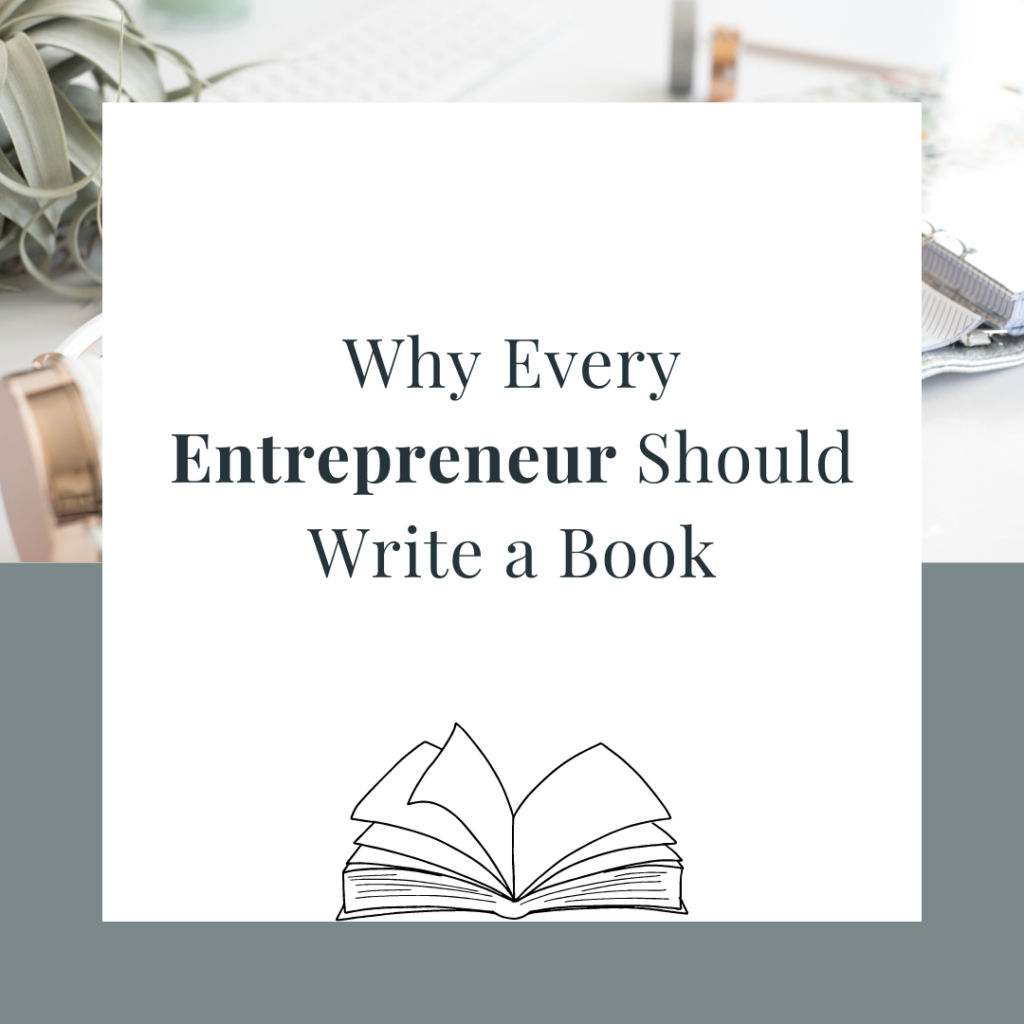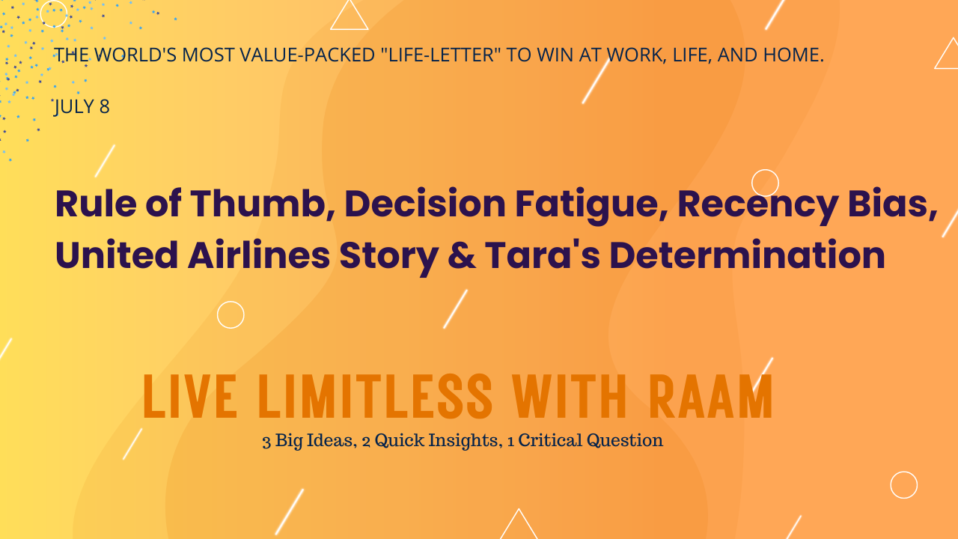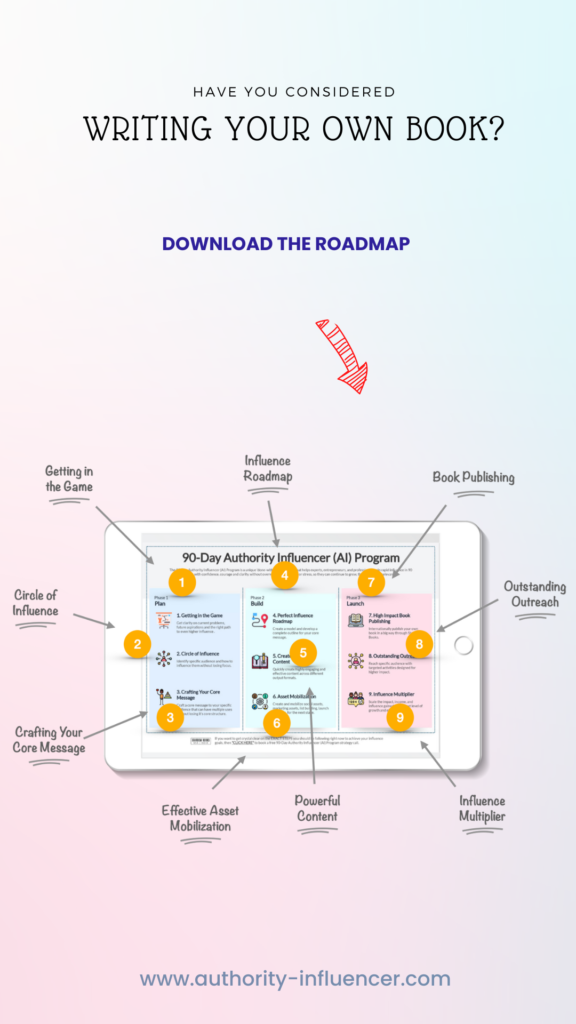Summary
Raam Anand, the Chief Editor and Publisher at Stardom Books, talks about two important things: Influence and Persuasion.
Influence is the ability to shape someone’s character, development, or behaviour. It’s a slow, steady process, often built over time through trust, admiration, and respect.
Persuasion means convincing people to do something right away. In thought leadership, these work together.
Influence sets the stage by showing you know a lot, while persuasion gets people to act. Raam explains that both are needed, and he reminds us to use them responsibly.
He suggests writing a book to become a strong thought leader. The goal is to use influence and persuasion to make positive changes in the world.
Let’s help you create your own book!
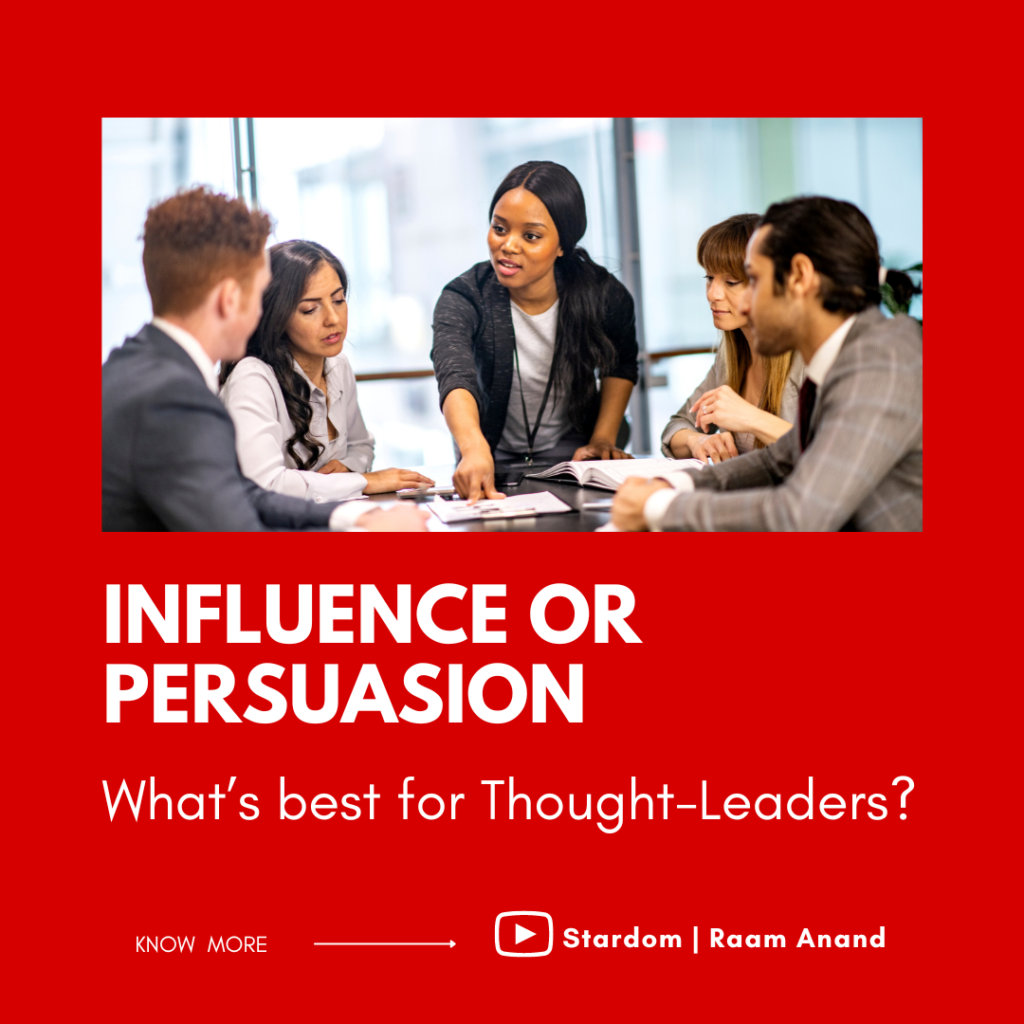
Transcript
Have you ever been caught in a heated debate over what’s more important: Influence or Persuasion? Or you may have wondered which tool is the sharpest arrow in a thought leader’s quiver.
Well, buckle up!
Because today, we’re diving deep into this debate. We will uncover some eye-opening insights, explore fascinating examples, and reveal what makes a thought leader truly effective.
Introduction
Hi, I’m Raam Anand, the Chief Editor and Publisher at Stardom Books, both in the United States and India, and I’m honored to be your coach on this thrilling ride.
So, let’s go!
Well, this is our deep dive into influence and persuasion. So, before we wade into these waters, let’s first understand what we’re dealing with.
As our friend Robert Cialdini, the author of the book ‘Influence,’ explains, influence is the ability to shape someone’s character, development, or behavior.
It’s a slow, steady process, often built over time through trust, admiration, and respect.
When you’re an influencer, people listen to you because they value your opinion; they trust your judgment.
On the other hand, persuasion is more about leading someone toward taking a specific action.
It’s about crafting a compelling argument that drives people to do something — maybe sign a petition, buy a product, or even change a long-held belief.
Now, these definitions seem pretty straightforward. But things start getting foggy when we relate these terms to thought leadership.
You see, thought leadership is about more than just having innovative ideas.
It’s about influencing others to see, think, and act differently based on those ideas. But it’s also about persuading people to take tangible action that aligns with those ideas.
So, where does that leave us?
Do thought leaders influence? Or Do they persuade?
More importantly, if YOU are a thought leader, which one should you do more of?
It’s a bit of a chicken-and-egg situation.
Let’s take a step-by-step approach and examine each concept more closely, starting with influence.
So, stick around, folks, as we dive deeper!
Influence
First, let’s explore the world of influence, starting with a critical thought leader you may have heard of, Simon Sinek.
Known for his simple yet powerful model for inspirational leadership, Sinek’s ‘Start With Why’ idea has influenced millions.
But how did he do it?
Well, it’s because he didn’t just share an idea; he consistently demonstrated it through his actions, like talks, books, and through his own leadership style.
He built trust, became a person of value, and, most importantly, shared a unique, authentic, credible perspective. And that’s what influence is all about.
Influence is a long game. It doesn’t happen overnight. It takes time, consistency, and authenticity. And as a thought leader, this should be your bread and butter.
Influence is about becoming a go-to expert in your field, the person people turn to when they want insights, advice, or new ideas.
It’s about shaping opinions, starting discussions, and leading changes in thought and action over time.
It’s like that famous quote from the Spiderman comics, ‘With great power comes great responsibility.’
As a thought leader, you have the power to influence, and with it comes the responsibility to use that influence wisely and ethically.
So, that’s influence in a nutshell. But where does persuasion fit into all this? Let’s find out now.
Persuasion
Persuasion, unlike influence, is more direct. It aims to change behavior or lead someone to take specific action.
To illustrate this, let’s bring back our friend, Robert Cialdini, who we mentioned earlier.
In his seminal book, ‘Influence: The Psychology of Persuasion,’ he lays out six principles of persuasion – Reciprocity, Commitment and Consistency, Social Proof, Authority, Liking, and Scarcity.
Did you know these principles can be a potent tool in a thought leader’s arsenal?
For instance, let’s consider the ‘Commitment and Consistency’ principle. This principle is based on the idea that once we commit to something, we must act consistently.
Let’s say you’re a thought leader advocating for climate change. You could persuade your followers to commit to a simple action, like reusable shopping bags.
Once they commit, they’re likely to behave in ways consistent with this commitment, which could reduce plastic waste.
Persuasion isn’t just about convincing someone. It’s about creating a compelling argument that makes sense and resonates emotionally with your audience. And when used ethically, it can be a powerful catalyst for change.
But here’s the thing. While influence is about the long game, persuasion often focuses on shorter-term goals. It’s about creating immediate action, usually through targeted campaigns or quick initiatives.
So, if influence is the tortoise, slowly but surely making its way to the finish line, persuasion is the hare, zooming towards the goal. But who wins in the end?
Hold onto your hats, folks, because we will tackle that in the next segment.
So far, we’ve looked at influence. We’ve looked at persuasion. Now, let’s look at the intersection of the two.
After all, as a thought leader, you’re not just working to shape people’s thoughts and actions but also to inspire action and drive real, tangible change.
So, who wins in the race between the tortoise and the hare, or in our case, influence versus persuasion?
Well, folks, here’s the twist – it’s not a competition!
In fact, I’ll let you in on a little secret – the most influential thought leaders know that influence and persuasion are two sides of the same coin.
They understand that to create meaningful change; you need both.
Think of influence as the foundation upon which you build your thought leadership.
It’s about demonstrating your knowledge, expertise, values, and credibility over time.
Then, once you’ve established this influence, you can use persuasion to mobilize your audience to get them to take specific actions that align with your ideas and beliefs.
Example
So, let me give you an example.
Let’s say you’re a thought leader in the tech industry advocating for digital privacy.
You’ve spent years writing articles, giving talks, and sharing insights, gradually influencing your audience’s attitudes toward privacy.
Then, when a new piece of privacy legislation comes up for a vote, you use persuasion.
You call on your followers to take specific action, write to their representatives, or support a particular advocacy group.
You use the influence you’ve built over time to persuade your audience to take action.
In essence, influence sets the stage, and persuasion delivers the performance.
They’re like Batman, Robin, Sherlock, Watson, or ACP Pradyuman and Daya. They work best when they work together!
But how can you make these two forces work for you? Well, that’s what we will explore in our final segment, so don’t go anywhere now!
Influence or Persuasion
First, influence. To build influence, you must consistently share valuable, insightful content CONSISTENTLY!
Write articles, give talks, engage on social media, and write a book! Yes, a book!
Nothing says ‘I’m an expert’ like having your name on the cover of a published book.
But keep in mind building influence takes time. It’s about connecting with your audience, being authentic, and showing up consistently. It’s about becoming a trusted, go-to source of information and insight in your field.
Influence or Persuasion
Now, onto persuasion. Once you have that influence, persuasion becomes about turning that into action. Crafting compelling narratives, using evidence, and appealing to logical and emotional senses become essential.
You can use persuasion to launch campaigns, promote causes, or rally your audience around a specific action or idea.
Let’s think about our friend, the doctor who advocated for better patient care. Through their influence, they’ve built a following. When it comes time to launch a campaign to improve healthcare standards, they use persuasion.
They lay out a compelling argument, appeal to their followers’ emotions and values, and call them to take specific action.
So, you see, influence and persuasion aren’t opposing forces. They’re complementary tools that, when used together, can make you a truly effective thought leader.
And on that note, we’re at the end of our time today. But before we go, I want you to remember one thing. Whether you choose to use the power of influence, persuasion, or both, remember to use them responsibly and ethically.
Because, as thought leaders, we have the power to shape ideas, actions, and the world.
To learn more about becoming a thought leader and leveraging the power of influence and persuasion, visit www.stardombooks.com and check out our book writing and publishing programs.
Writing a book is an excellent and powerful way to become more influential and persuasive at the same time.
Go for it; we’ll help. It’s YOUR time.
Let’s help you create your own book!
Book Writing Workshop | Write a book now !
Well, now you can because USA publisher “Stardom Books” has just launched its “Bestseller Bootcamp.”
The world’s greatest book writing program for first-time aspiring authors, growth-oriented experts, and serious leaders.
This is advanced, high-level.
Bestseller Bootcamp is where the world’s top achievers create and publish their own bestsellers.
You can do it too from scratch even if you have never written before.
For More Details : www.stardompublishing.com
